Summer is upon us, and with it — I hope — the reading season. Here are my top reads from the last two years (and one that feels relevant from 2014). Unintentionally, I didn’t include any male writers. Recent years have seen the publishing world, literary prizes, and readers open up to a wide variety of voices.
Set in contemporary China, Ghost Music begins with a mushroom talking to the narrator: ‘I’d like to be remembered,’ the mushroom tells our protagonist, a failed concert pianist.
Song Yan is haunted by the ghost of a self she didn’t become. This book reminds us that for every concert pianist, there are a hundred more who never made it. For every novel published, there are a thousand ghost novels that never materialized (I know, I’ve written more than one.)
We’re all haunted by the selves we didn’t become. What to do with all those ghosts? This compelling novel, filled with twists and turns, left me contemplating its content long after I closed the book.
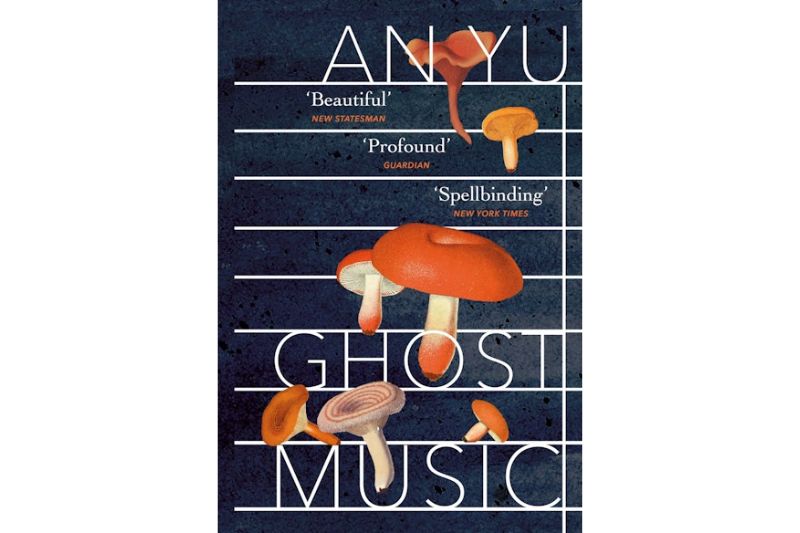
There comes a time in all of our lives when we must decide whether to do the right thing. These moral quandaries are often hurled at us at the most inopportune moments—when we’re late for an appointment, we have a migraine, or a sick child. Someone else can help, we can always tell ourselves, if we don’t do what’s right.
This striking novella is about a man from a small Irish town at the end of the last century who’s faced with one such moral dilemma.
‘Furlong had come from nothing,’ Keegan writes. ‘Less than nothing, some might say. His mother, at the age of sixteen, had fallen pregnant while working as a domestic . . .’ Thus begins a story that will come full circle when Furlong is grown and meets another teenage mum.
With spare prose and distinct dialogue, Keegan writes an almost perfect story.
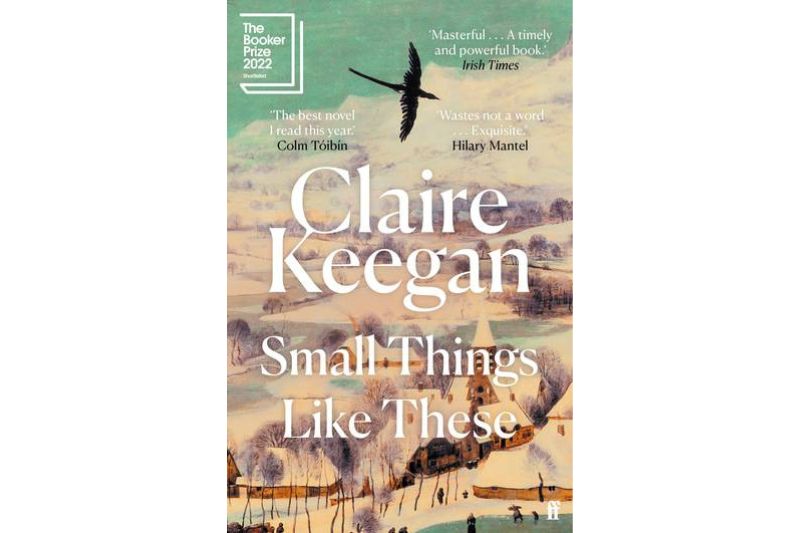
If you have an iPhone (1.5 billion of us do) perhaps, like me, you’ve had the uncanny experience of the phone giving you a ‘new memory’. I tap my finger and my device plays back pictures of the people I love most (it knows!) alongside sentimental music. Tear-jerking, until I realize an algorithm is making me cry.
Egan’s latest novel goes a step further and tells of a future world where characters ‘upload’ their ‘unconscious to the collective’ and access other people’s memories. The Candy House is set in past, present, and future America. It plays with ideas of memory and technology, makes us question our own tech-fueled world, and ends on a note of hope.
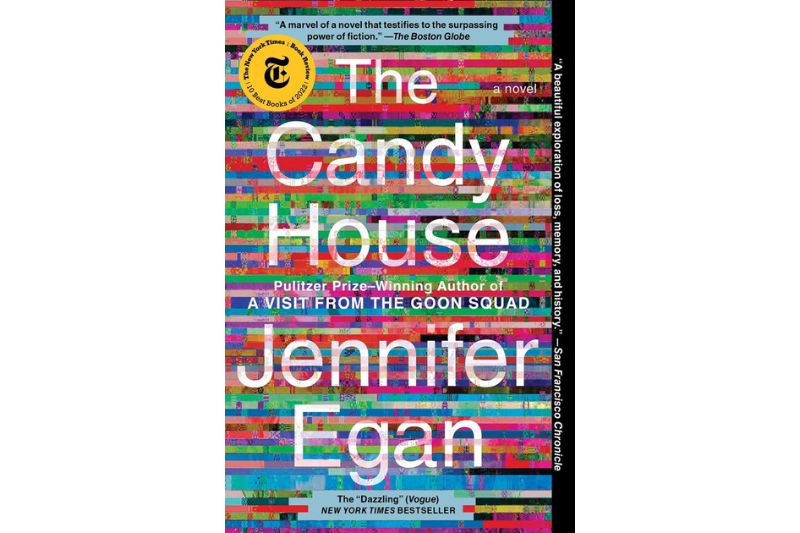
I left my country 15 years ago after a mass shooting killed my friend’s mother and 13 others. One such shooting prompted Karen Joy Fowler to wonder ‘about the families of the shooters — how would such a family deal with their own culpability?’ Fowler went back in time to consider the present.
The most famous American shooting took place in 1865, when Shakespearean actor, John Wilkes Booth, assassinated President Abraham Lincoln.
Booth goes deep into the mindsets and relationships of the assassin’s family in this absolute page-turner of a novel. It’s rare that historical fiction connects so poignantly to the present.
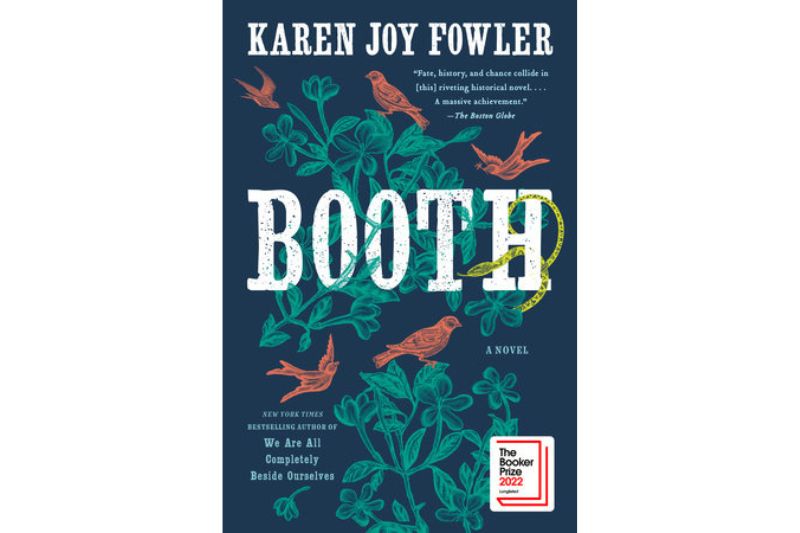
Ellen van Neerven is good at first lines: ‘It was a slight, old woman in a pie shop off the highway that told me who my grandmother was.’ So begins the story cycle (mirroring a song cycle) of the Kressinger family. This same narrator later asks, ‘If I didn’t know my grandmother, then how could I know myself?’
‘Know thyself,’ Plato tells us. The flawed characters in this collection of stories are trying to do just that.
Every time I read Heat and Light, first published in 2014, I understand a little more of the First Nations experience, of Australia’s past and present, and a little more of what it is to be human.
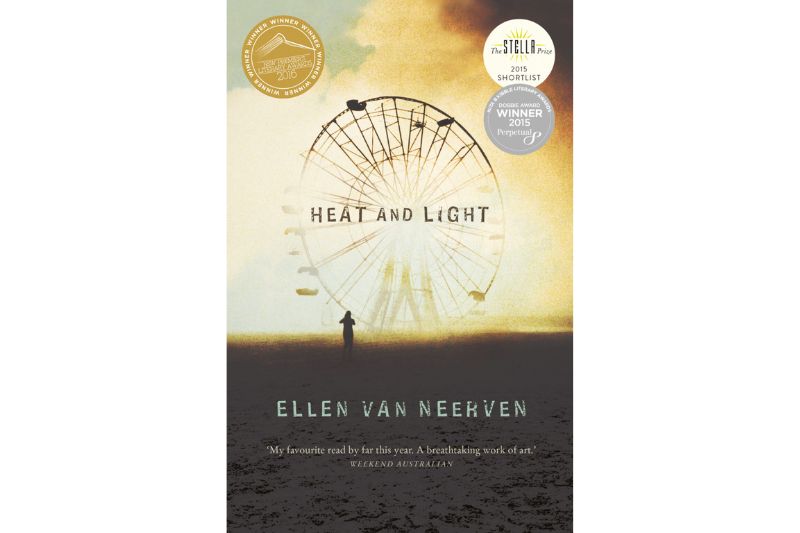
My boss at uni is done with Shakespeare. Enough already, she says, it’s time for new and different voices outside the cannon. Of course, she’s right. And she’s wrong. Eleanor Catton’s new novel proves both.
From billionaires to environmental activists, all of Catton’s characters (like Shakespeare’s) are superbly flawed. We get to know them closely—their desires and hypocrisies—in the first third of the novel. Then, like Act III of an Elizabethan play, the plot explodes and Birnam Wood becomes a thriller. I won’t spoil the ending except to say that it sent me back to reread The Tragedy of Macbeth, which feels more relevant than ever. That’s the best of what I’ve been reading. What about you? Leave a comment below.
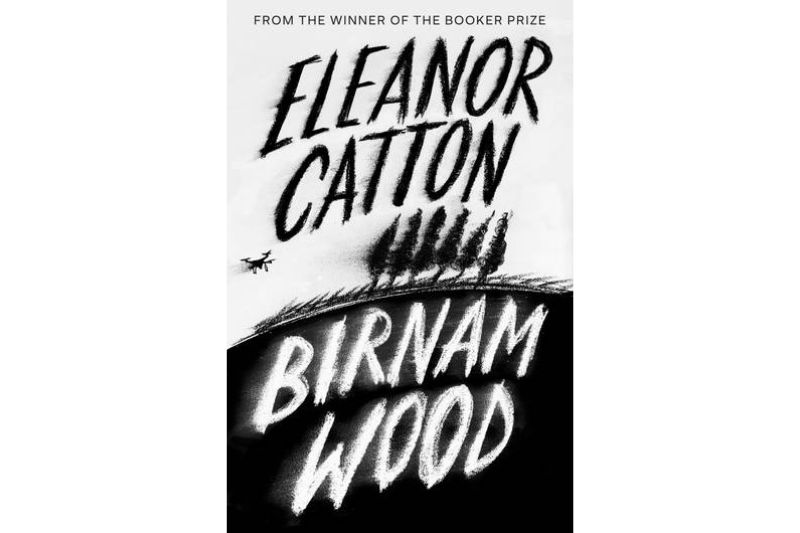
Sarah Klenbort is a writer and sesional academic at Queensland University, where she teaches creative writing. She also teaches memoir at the Queensland Writers Centre. Sarah's work has appeared in Eureka Street, The Guardian, Best Australian Stories, Overland and other publications here and overseas.